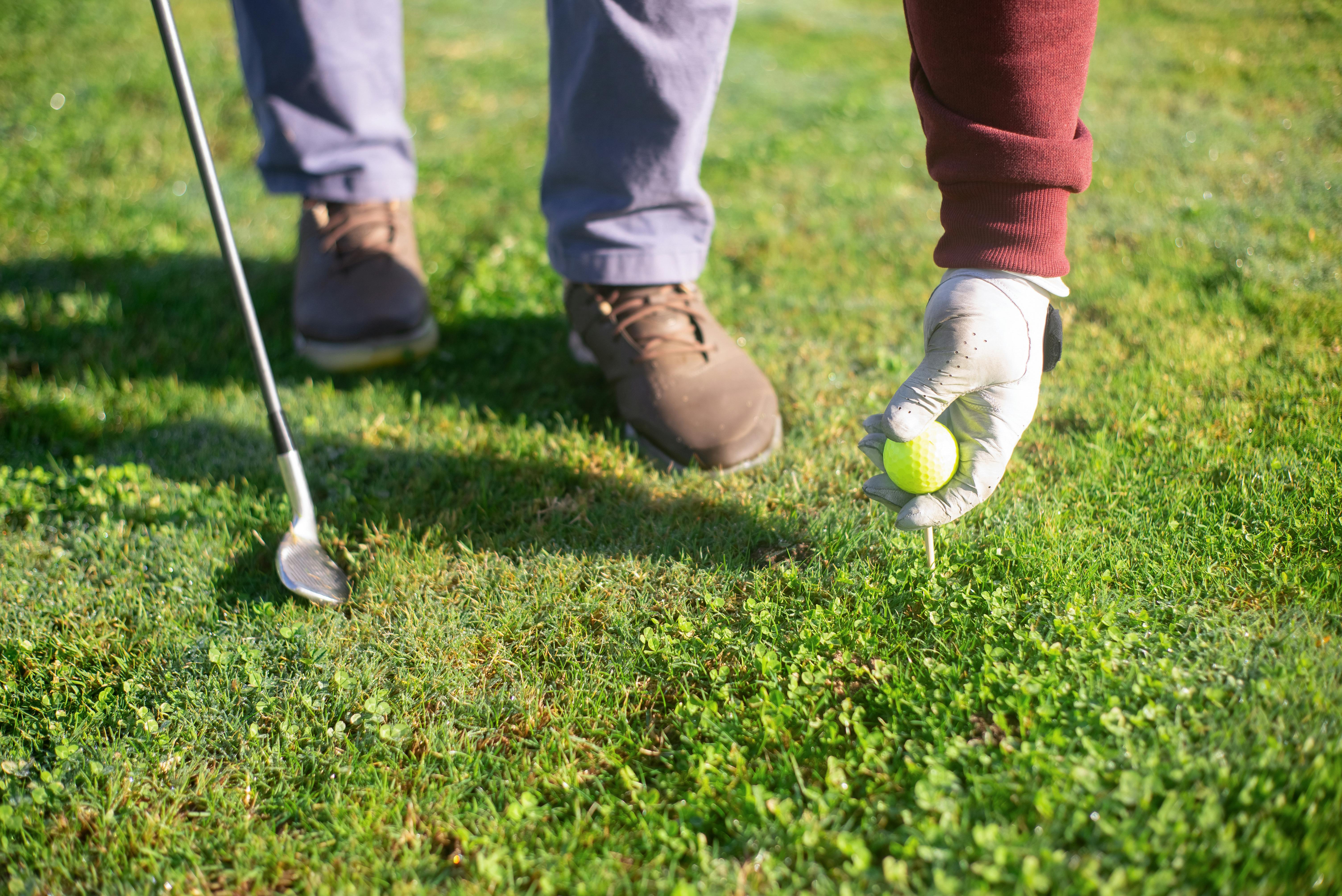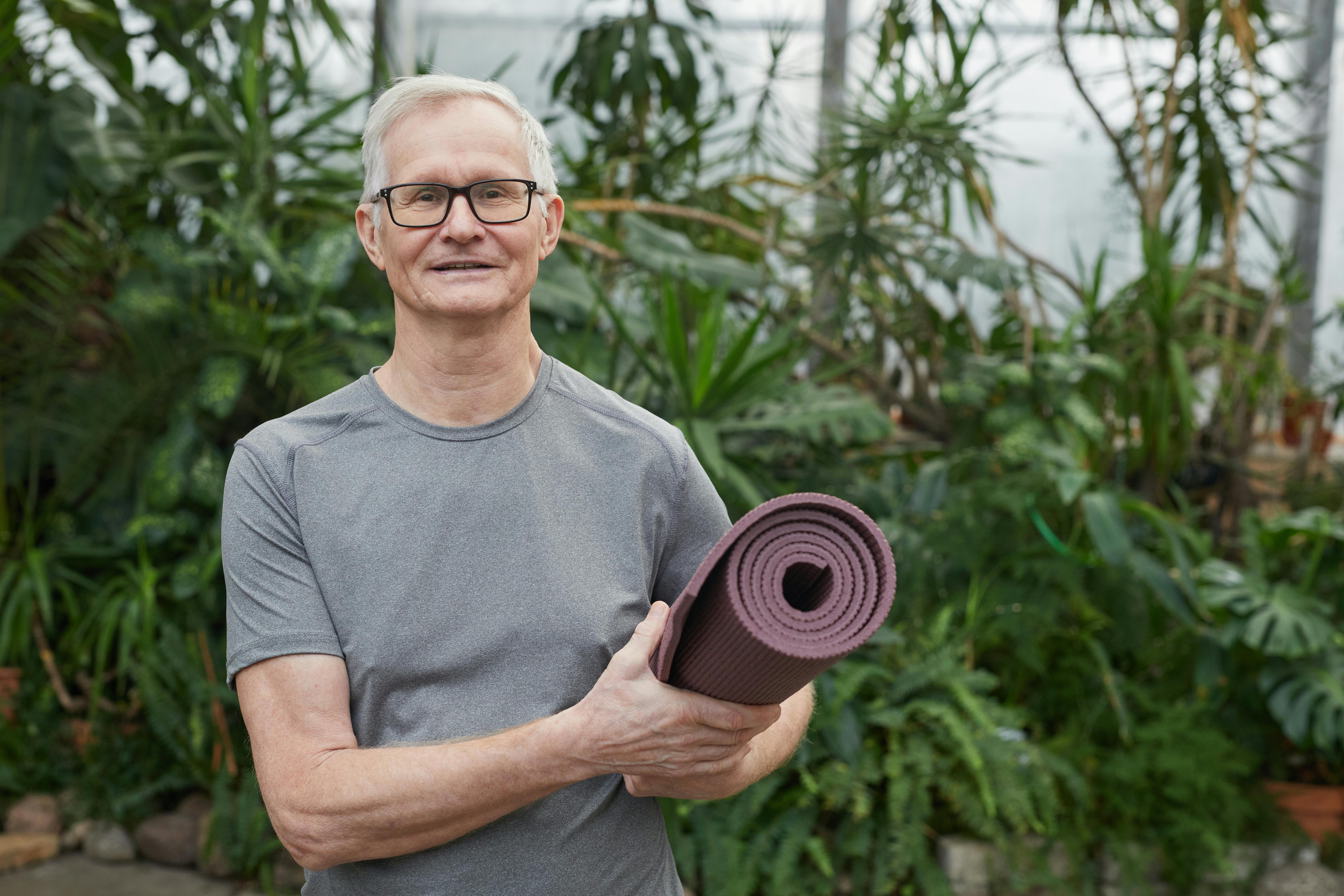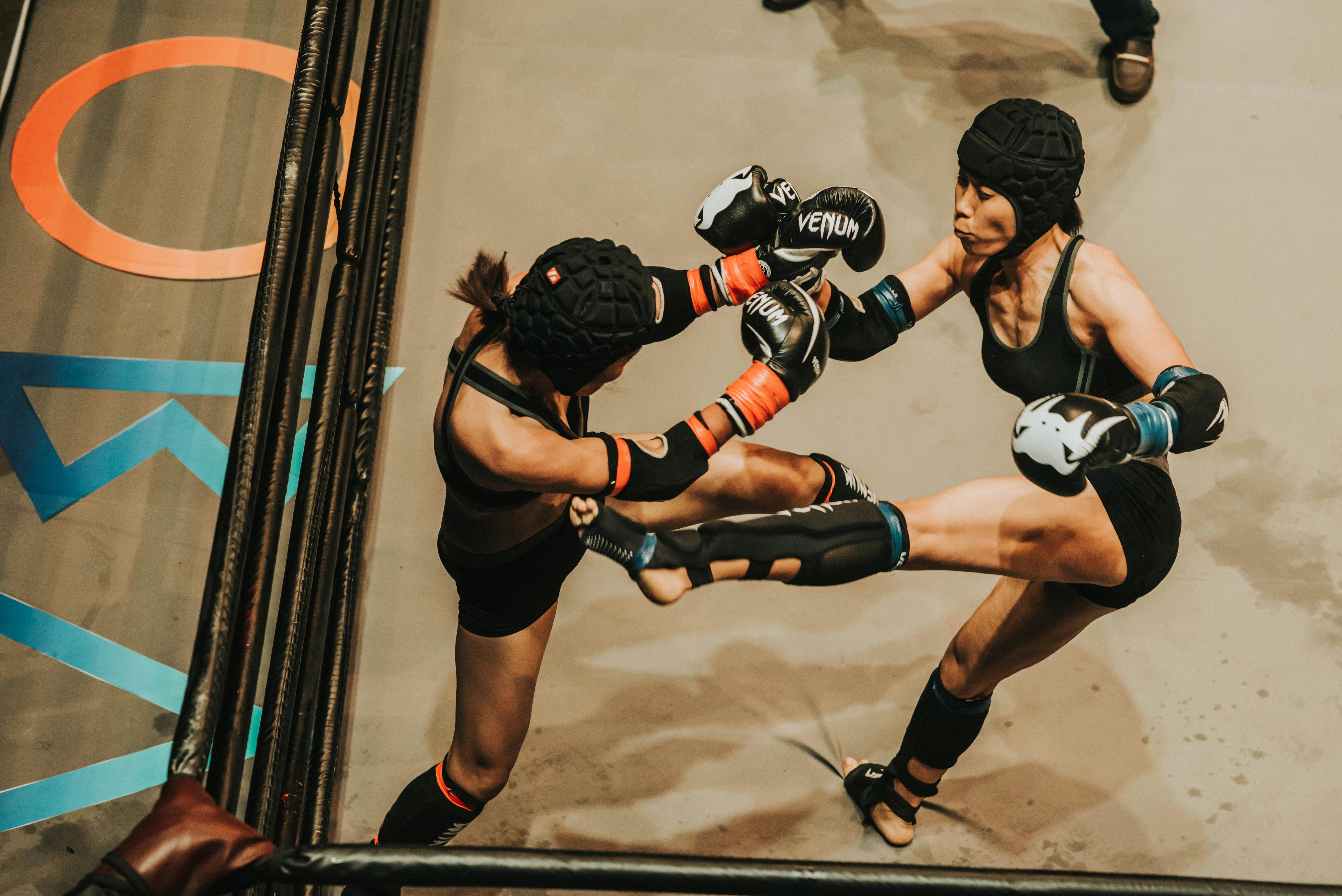Do you know some people who seem to be good at everything they do? Don’t those people really bother you? It is as if everything is easy for them, as if they have some kind of magic. Maybe it’s their overconfidence, strength of character, willpower, optimism, or maybe they’re just delusional and thus seem to be successful despite all the wrong things they do and all the mistakes they make. . Yes, all of that has probably crossed your mind at one point or another when observing other human beings who are doing better than you at something that you would like to do better yourself. Let’s talk.
You see, maybe there is a secret, in fact, I have a very good book and I would like to recommend you. After writing several articles on the subject many years ago, the publisher of this very good book sent me an email and a copy to review and read. In fact, I did, and I read the book with a highlighter for a couple of reasons. Firstly, maybe, like you, I would like to do better in everything I do, secondly, I have noticed that although I am not good at everything, I am good at several things because I try so hard. Anyway, the name of the book that I would like to recommend to you that is on my private shelf today is;
“The First 20 Hours: How to Learn Anything Quickly”, by Josh Kaufman (also wrote: The Personal MBA), Portfolio Publishers – A Penguin Publishing Company, New York, NY, 2013, 247 pages, ISBN: 978-1-59184 -555-3.
The author starts off right away by crushing the myth that you somehow need 10,000 hours to learn a new skill. Explain that if you have 10,000 hours, you could be the best in the world at something or become one of the top 1% in a certain category. However, if you want to be pretty good at something, and maybe even better than most, you can probably do it in about 20 hours. The author admits to being a learning addict and explains that there are basically “10 principles for rapid skill acquisition”, in fact, that’s the name of one of his chapters that begins on page 14.
Then he goes on to give you a step-by-step methodology along with the “10 principles of effective learning” and finally, using himself as an example, learn to do yoga, simple programming, touch typing, the Chinese game. ; Go windsurfing and even how to play the ukulele. Seriously, you can learn these things too, or whatever you choose for that matter. All you have to do is read the book and apply these principles. Consider all this and think.




